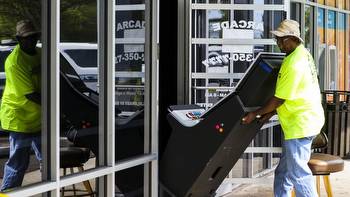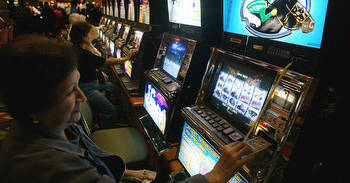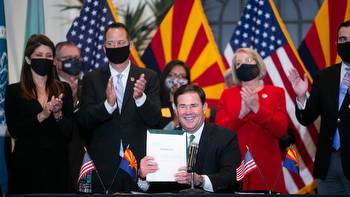Quick ruling expected on Arizona tribe's gambling expansion challenge

And with the aid of technology, that can occur live, even as the event is unfolding.
Simmons contends that taking away the exclusive right of tribes to conduct certain kinds of gaming cannot possibly further the original intent of Proposition 202. And what that means, she told the judge, is that none of this is legal until lawmakers get voter OK to change the original 2002 law.
But Smith said there's a problem with that.
He pointed out there is what has become known as a "poison pill" in that original agreement.
It says that if the state violates the gaming exclusivity of any tribe, it is free to operate as many gaming devices as it wants. Now the Yavapai-Prescott Indian Tribe has a current limit of 936.
That verbiage also would allow the tribe to operate as many types of table games as it wants.
And it would sharply reduce the amount of revenue the tribe is required to share with the state.
"With that language, how can I conclude that Prop 202 meant to be some sort of perpetual limit on in Arizona?" Smith asked during the hearing.
Simmons remained adamant.
Smith promised a ruling no later than Tuesday. That will give the side that loses a chance to file an immediate appeal.






































